INTRODUCTION
I AN was a successful lawyer who defended people in their darkest hour. His clients included people accused of dealing drugs and driving drunk, and a few accused of murder in high-profile cases. Ian was passionate about his occupation. Whenever someone asked how he could defend such criminals, he explained he was standing up for an important American ideal: No matter who you are or what youve been accused of, everyone deserves a fair trial.
Despite Ians passion and natural talent for his job, as the years went by he started to feel like he was missing something. Over drinks with friends now and then hed describe his dream to move to Africa and become a farmer, like his father had been. He mused about purchasing a large tract of land and producing food that would serve the needs of those in Mozambique or Zambia. On other occasions, he would earnestly talk about hosting a radio program, a He Said, She Said show delivering practical advice and outrageous antics. But Ian didnt pursue these plans. He continued working for his clients, upholding the value of innocent until proven guilty. He continued, that is, until one dismal day when he was legally forced to stop. Ians license to practice law was revoked when a few of his former clients, who were ultimately found guilty, started talking to each other about their legal representation while serving their sentences. They were convinced Ian had dropped the ball during their trial. Despite the evidence against their claims and Ians vigorous defense, some of the allegations could not be successfully defended. His license was on hold and he was unable to continue his lifes work. He went from being passionate about his jobalbeit prone to the occasional fantasy of farming in Africato being forced out of his career by a few defendants who he believed deserved a fair trial.
Now, some might say losing his license presented a great opportunity. Why not pack the bags and board a plane bound for Africa, or develop a demo for the radio show idea? But Ian didnt do those things. Instead, he has vigorously worked for five years to get his license reinstated so he can practice law. So far, his appeals havent been successful. He currently teaches social studies to disadvantaged high school students and feels good about the work despite the reduction in personal income. Hes confident, though, that he will get his license reinstated, and when that happens, hell return to the job he loves.
Why did Ian decide to fight for a career he had pondered leaving on so many occasions? Was he simply afraid of the unknowns that come with a new career? Or did losing his license lead him to realize that the courtroom is where he belongs? And what drove him to stay committed to the legal profession despite the bitterness of what had happened and the many setbacks that followed?
We all have meaningful goals, like progressing in a career, supporting a family, or building a dream home. Any goal, regardless of how much its cherished or how earnestly its developed, will make little progress unless it is supported by commitment. Without commitment, the goals we set for ourselves are mere dreamsideas that dont have the footing to be realized. Just as motivation provides the energy to set goals and begin the journey, commitment provides the power to stick with it over time so that goals can be actualized. Ians vision was to get his license back and continue in his ideal occupation. Commitment to that vision sustained him through numerous appeals and setbacks. Without commitment, Ian would have moved on long ago.
Ive been studying and teaching commitment for fifteen years. Ive learned that what drives commitment is far different than what most of us thinkits more powerful and complex than we often realize. And its greatly influenced by seemingly inconsequential factors. Ians story illustrates many principles about how commitment works. First, our goals are often more challenging and take longer to achieve than what we originally thought. Ian never imagined it would take so long to regain his license, and his level of commitment has been essential for him to stay in the fight. Second, we can be unaware of how deeply we value certain parts of our life, and how committed we are to something seemingly obvious, like a career or relationship we may have even imagined leaving. Its when those things are at risk that we realize their importance. Third, our level of commitment to a personal goal can vary significantly depending on key circumstances. We may feel far more devoted one day than we do the next, just as Ian dreamed of becoming a farmer despite his fierce commitment to his clients and his love of the law. We can experience commitment conflict, in which part of us wants to remain dedicated and another part wants to change course. This can be an uncomfortable feeling, and its easy to think there must be something wrong with us if were feeling torn about commitment. In actuality, this is how commitment works. It isnt something you just will yourself to do. Instead, levels of commitment change, sometimes on a daily basis, depending on the key variables that drive commitment. And heres the exciting news: Some of these variables you can control.
What if you knew how to be more committed to a particular goal in your life? What if you knew the essential steps to letting go of something that was limiting your personal growth or something that was no longer right for you? What if you could help other people, like your employees or team members, to be more committed? It turns out you can.




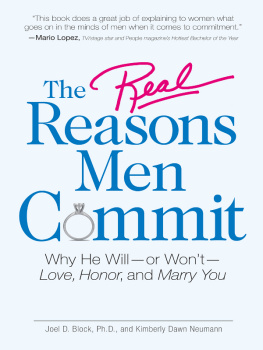
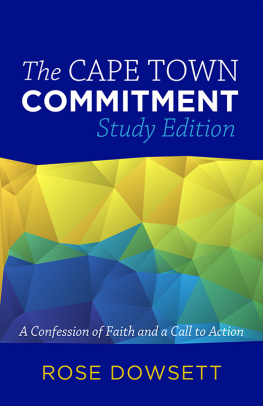

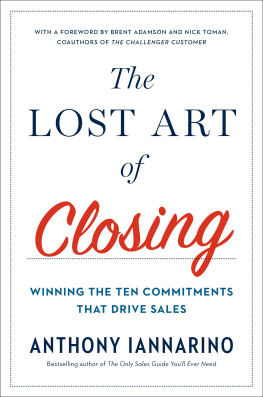
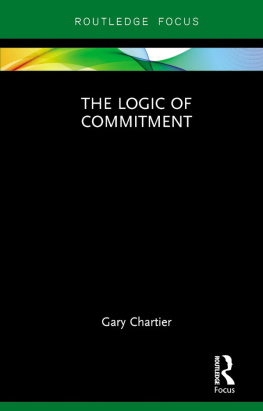
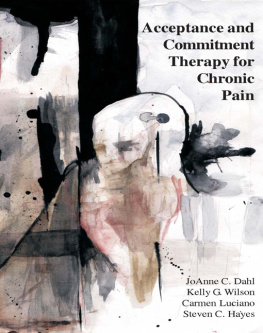
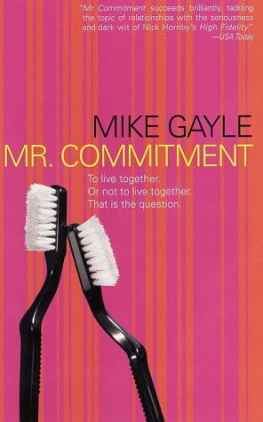



 REGISTERED TRADEMARKMARCA REGISTRADA
REGISTERED TRADEMARKMARCA REGISTRADA